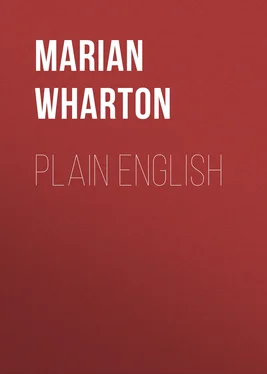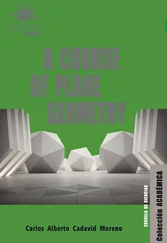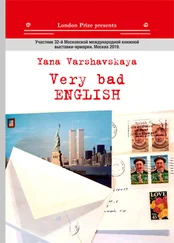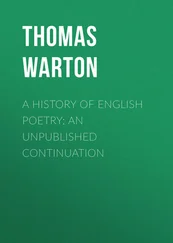Marian Wharton - Plain English
Здесь есть возможность читать онлайн «Marian Wharton - Plain English» — ознакомительный отрывок электронной книги совершенно бесплатно, а после прочтения отрывка купить полную версию. В некоторых случаях можно слушать аудио, скачать через торрент в формате fb2 и присутствует краткое содержание. Жанр: foreign_edu, foreign_language, на английском языке. Описание произведения, (предисловие) а так же отзывы посетителей доступны на портале библиотеки ЛибКат.
- Название:Plain English
- Автор:
- Жанр:
- Год:неизвестен
- ISBN:нет данных
- Рейтинг книги:5 / 5. Голосов: 1
-
Избранное:Добавить в избранное
- Отзывы:
-
Ваша оценка:
- 100
- 1
- 2
- 3
- 4
- 5
Plain English: краткое содержание, описание и аннотация
Предлагаем к чтению аннотацию, описание, краткое содержание или предисловие (зависит от того, что написал сам автор книги «Plain English»). Если вы не нашли необходимую информацию о книге — напишите в комментариях, мы постараемся отыскать её.
Plain English — читать онлайн ознакомительный отрывок
Ниже представлен текст книги, разбитый по страницам. Система сохранения места последней прочитанной страницы, позволяет с удобством читать онлайн бесплатно книгу «Plain English», без необходимости каждый раз заново искать на чём Вы остановились. Поставьте закладку, и сможете в любой момент перейти на страницу, на которой закончили чтение.
Интервал:
Закладка:

130.It is wonderful how a knowledge of words and their uses enables us to express so many shades of meaning. It is like our development in observing colors. You know the savage always admires vivid reds and greens and blues. He does not yet see the beautiful shades and gradations of color. We enjoy the delicate pinks and blues and all the varying shades between the primal seven colors of the spectrum. And as we develop our artistic ability we see and enjoy all the beauties of color.
In music too, we observe the same development. The barbarian enjoys loud, crashing, discordant sounds which he calls music, but which to the educated ear are only harsh noises. The trained musician catches the delicate overtones and undertones and finds deepest ecstasy in sounds which the uneducated ear does not even catch. So as we study words and their uses, we find ourselves able to express shades of meaning, to paint our word pictures, not in gaudy, glaring chromo-tints, but in the wondrous blending of color that reveals the true artist.
Now get these modes of expressing time firmly fixed in your mind.
131. Let us get all we have learned about verbs into a summary and have it clearly in mind.
VERBS—SUMMARY
Two Classes
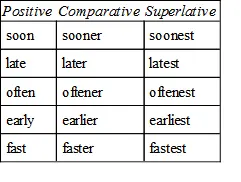
Inflection—Changes of Form

TIME FORMS
Present
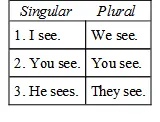
Past

Future
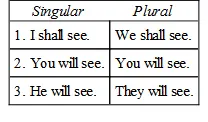
Present Perfect
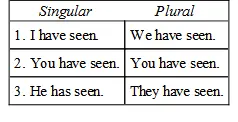
Past Perfect
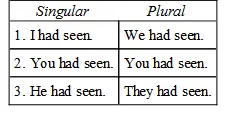
Future Perfect
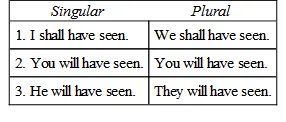
Exercise 3
Read carefully the following quotation. All of the verbs and verb phrases are written in italics . Study these carefully and decide whether they indicate present, past, future, present perfect, past perfect or future perfect time. The verb phrases— is seizing , is put , is praised , is defended , can see , must have , are owned , and are conducted , do not belong to any of these six forms. They are verb phrases used in ways which we shall study later. All of the other verbs or verb phrases belong to one of the six time forms which we have studied. Classify them.
You remember Victor Hugo's story of the devil-fish; how the monster put forth one tentacle after another and coiled it around his victim; how the hero recalled that there was but one vulnerable spot in his brute enemy; how at the strategic moment he struck a blow at that spot, and the terrible demon of the deep shuddered , released his grasp and fell dead.
Capitalism is a monster which is seizing the body politic. One tentacle is put forth to grasp the major part of the earnings of the working class; another has seized the working-woman; another reaches forth to the child; another has fastened upon government and has made that the instrument of the powerful classes; still another has turned the pen of the journalist into a weapon by which the injustice of Capitalism is praised and is defended ; and still another has seized the pulpit, has silenced those who profess to speak for God and man, or has turned their phrases into open apology and defense for the crimes of Capitalism!
But there is one vulnerable spot in Capitalism. If the working class of the world can see that spot and will strike , they shall be free.
The fundamental wrong, the basic injustice of the Capitalist System, is that the resources of land and machinery, to which all the people must have access, in order to live and labor, are owned by the few and are conducted by the few for their private profit.
This is the social tragedy, the monstrous wrong of our time.— J. Stitt Wilson.
Exercise 4
Select two verbs out of the following poem and write their six time forms, in the same manner as the time forms of the verb see are given in section 131.
There's a little word below, with letters three,
Which, if you only grasp its potency,
Will send you higher
Toward the goal where you aspire,
Which, without its precious aid, you'll never see—
NOW!
Success attends the man who views it right.
Its back and forward meanings differ quite;
For this is how it reads
To the man of ready deeds,
Who spells it backwards from achievement's height—
WON!
TENSE
The grammatical term for the time form of the verb is TENSE , which is derived from a Latin word meaning time . The present time-form of the verb is called the present tense ; the past time-form, the past tense ; the future time-form, the future tense ; the present perfect time-form, the present perfect tense , etc.
Exercise 5
Write each of the following four sentences in the six time-forms, or tenses,—present, past, future, present perfect, past perfect and future perfect, as follows:
Present —Labor creates all wealth.
Past —Labor created all wealth.
Future —Labor will create all wealth.
Present Perfect —Labor has created all wealth.
Past Perfect —Labor had created all wealth.
Future Perfect —Labor will have created all wealth.
1. Hope stirs us to action.
2. Human progress is our business.
3. The majority demand justice.
4. The workers fight all the battles.
SPELLING
LESSON 7
The division of words into syllables is quite important as an aid to pronunciation. It is also a very important matter to understand in our written speech for it is often necessary to divide a word at the end of a line. If the word is not properly divided, it is much more difficult to read and understand. The hyphen is used to divide words into syllables when carrying a portion to the next line.
Читать дальшеИнтервал:
Закладка:
Похожие книги на «Plain English»
Представляем Вашему вниманию похожие книги на «Plain English» списком для выбора. Мы отобрали схожую по названию и смыслу литературу в надежде предоставить читателям больше вариантов отыскать новые, интересные, ещё непрочитанные произведения.
Обсуждение, отзывы о книге «Plain English» и просто собственные мнения читателей. Оставьте ваши комментарии, напишите, что Вы думаете о произведении, его смысле или главных героях. Укажите что конкретно понравилось, а что нет, и почему Вы так считаете.
